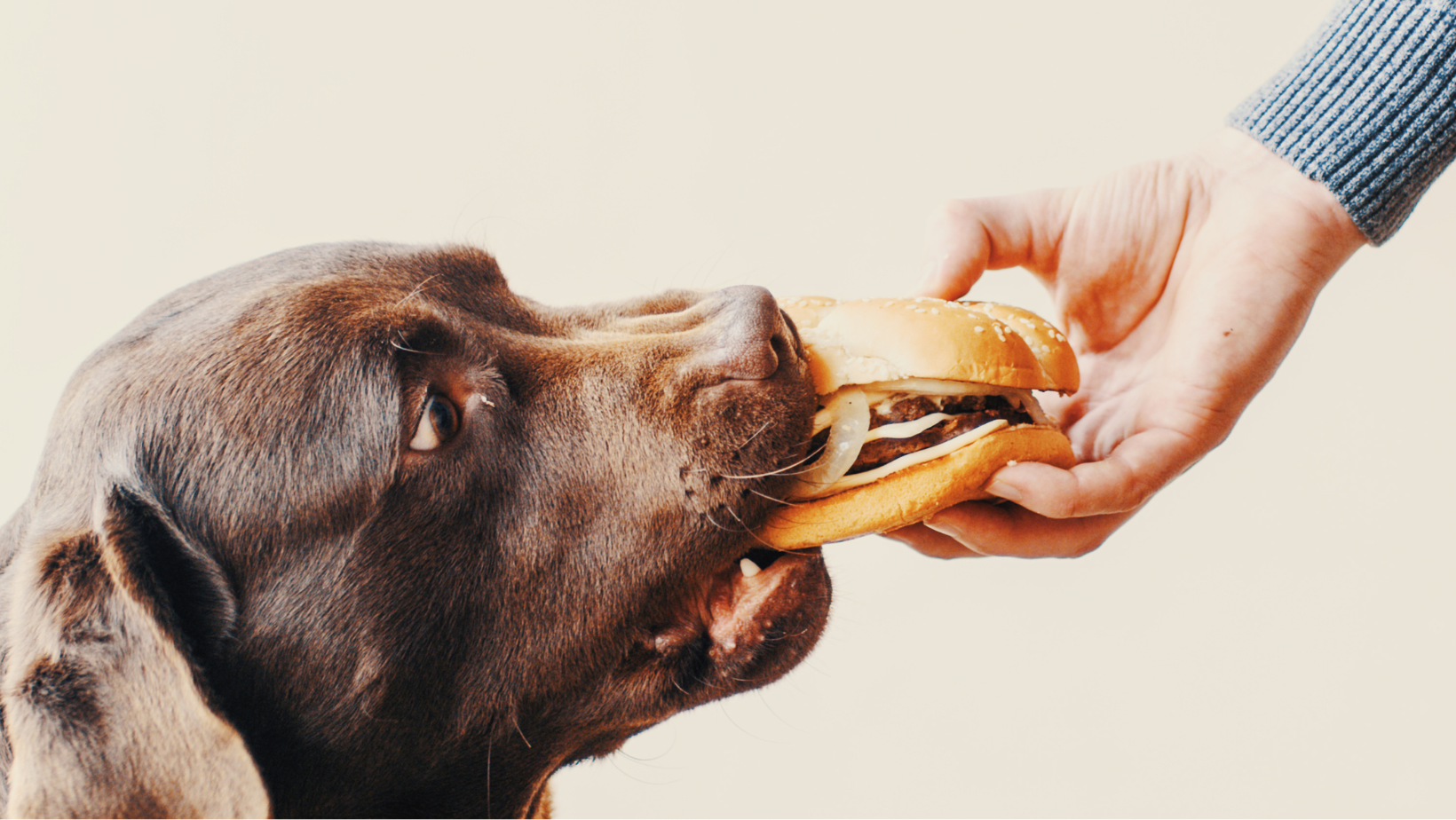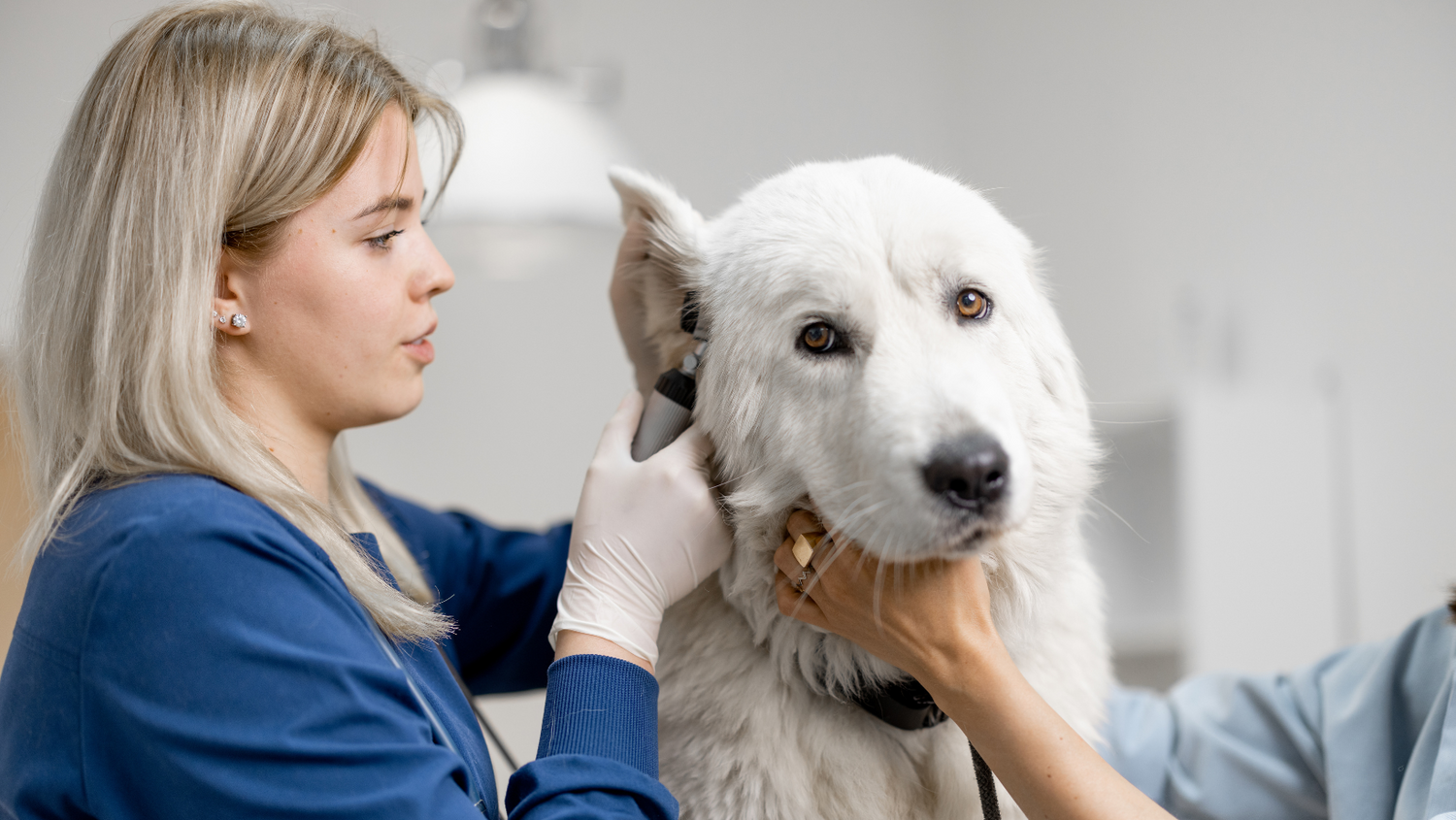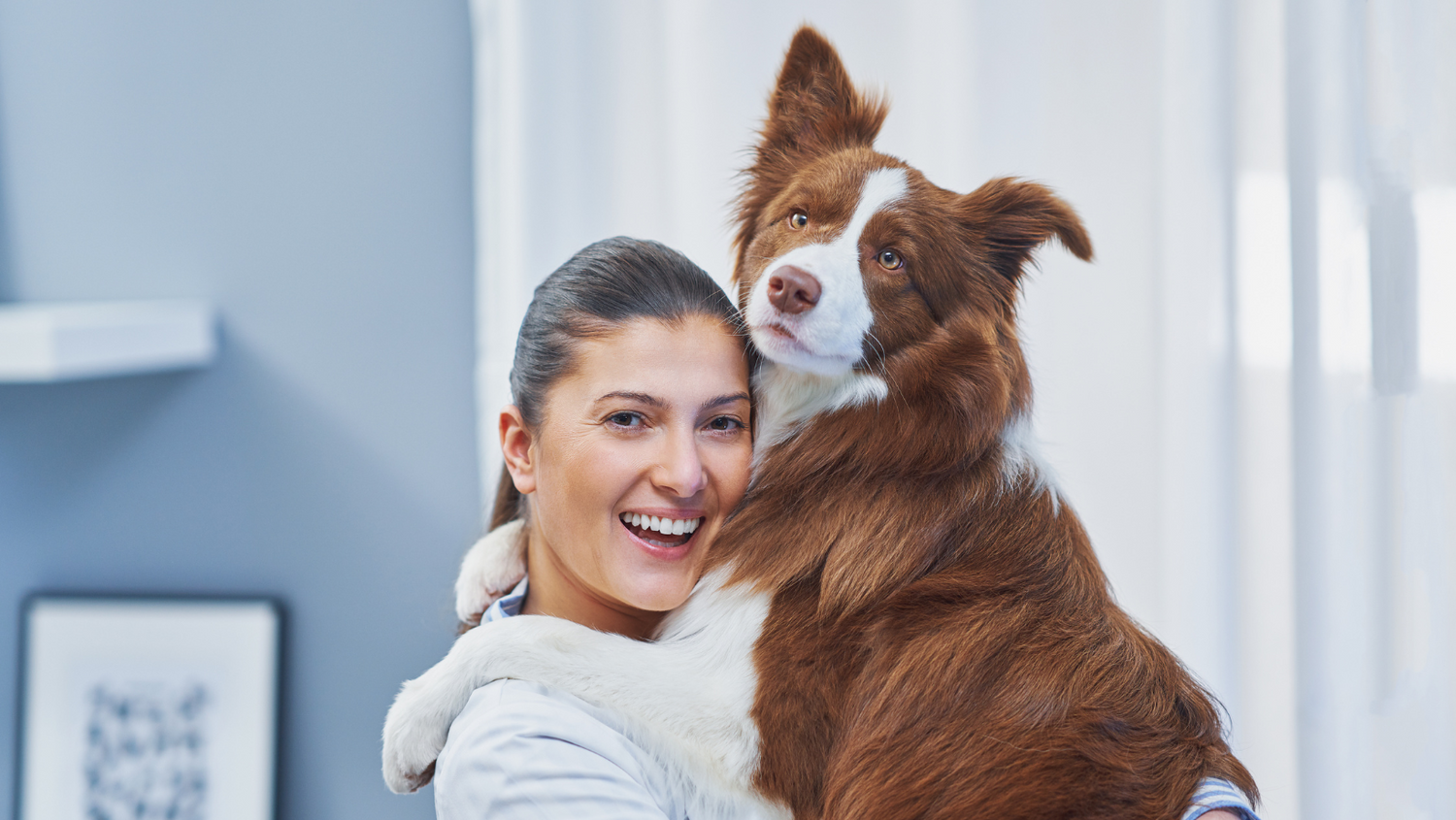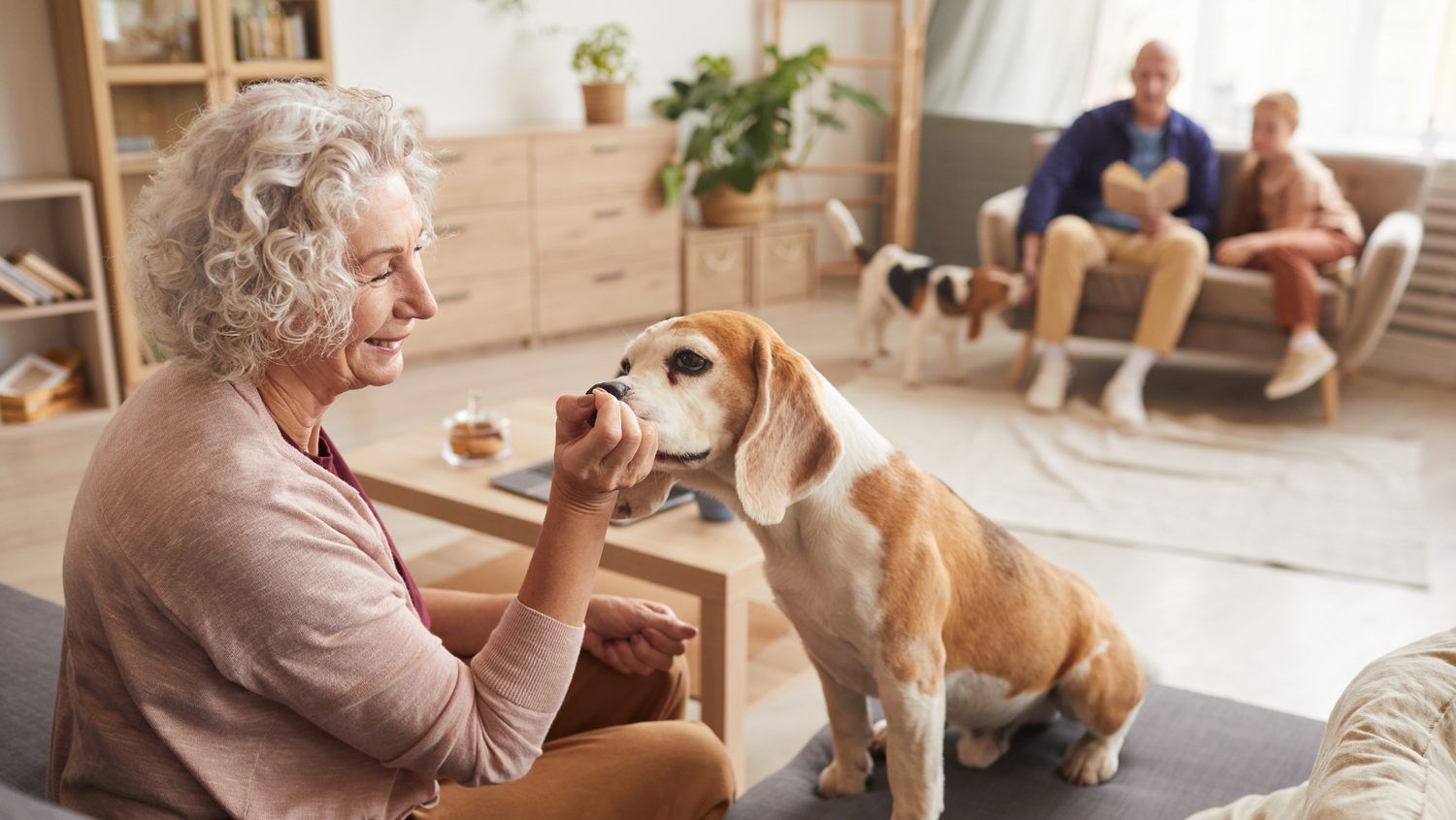Share is Caring? Hold on..
It is in our nature to share our dog to our dogs especially when they show us those irresistible puppy eyes or when they are nagging us until we give them some. Giving our dogs our share of food may seem a great and tasty reward, but keep in mind that not all foods we normally consume on a daily basis is also good for your dog. While some can provide them the right nutrients they need, some can also be causing them more harm than good.
Here are 7 foods you should never feed your dog.
Chocolate
Chocolate contains a substance called theobromine which dogs cannot methabolize effectively causing the toxic compounds to build up in their body. This can be toxic to dogs and affect their heart and nervous system.
Grapes and raisins
According to American Kennel Club (AKC) these fruits can cause kidney failure in dogs because grapes and raisins are known to be highly toxic to them. ASPCA Poison Control Center veterinarians pointed out that the tartaric acids in grapes are what makes them toxic to dogs.
Onions and garlic
While onions and garlics goes well for most foods, it is certainly not okay to allow your dog to consume them. Onion and garlic contain compounds that can damage a dog's red blood cells and cause anemia which can also lead to organ failure in dogs.
Avocado
Avocado leaves, skin and bark contain a toxin called Persin, which can cause stomach upset, breathing difficulties, and even heart problems in dogs. While the flesh itself is not toxic to dogs, it is still better to be on the safe side because avocado flesh can be also high in fat which can cause Pancreatis.
Alcohol
Alcohol is a very common beverage whenever humans get together. Always be careful leaving alcohol drinks on the table when you have dogs around. Because just like it affects humans, alcohol is dangerous for dogs and can lead to poisoning, weakness, and even coma.
Xylitol
Xylitol is an artificial sweetener, commonly found in gum, candy, and certain food products, can cause a sudden drop in a dog's blood sugar levels and liver damage if ingested in high dosage.
Caffeine
Anything with caffeine can negatively impact a dog's nervous system and heart, causing hyperactivity, restlessness, rapid breathing, and even lead to seizures.
Foods you should feed your dog.
Still can’t resist sharing your food to your dog? Here are some of the foods we recommend that you share to your dog. Do not forget that it is always better to consume things in moderation, but feel free to give this foods to your dog as a reward for being such a good companion
Cooked eggs
Eggs are a great source of protein. They contain essential nutrients like iron and vitamin D. Most people will argue that it is better to give eggs raw rather than cooked to get the most of its nutrients. While that is true, it is still better to cook the egg to keep your dog from salmonella infection.
Carrots
Cooked and raw carrots are a great source of beta carotene, which is amazing for your dog's eyesight. Here’s a tip: You can freeze the carrots to make it tougher for your dog to chew and serve it as a frozen chew stick. You can also cut it into disk and bake them until dry to turn it into a crunchy treat!
Peanut butter
Peanut butter is a great source of protein and healthy fats. Most dogs love the taste. Just make sure it doesn't contain xylitol, which is poisonous to dogs, especially in large dosage.
Sweet potatoes
Sweet potatoes are full of fiber and vitamin D. They can help with your dog's digestion and can even help to regulate dog's blood sugar levels. This is one of the foods that should be given in moderation so please keep that in mind.
Blueberries
These little guys are packed with antioxidants, fiber and vitamin K and C. These nutrients can help boost your dog's immune system and improve their overall health.
These are just some of the foods that dogs can and can’t consume. Whenever you are unsure, you can always whip up your phone and give it a few minutes to check on the internet whether your food is something your dog can eat or not.




